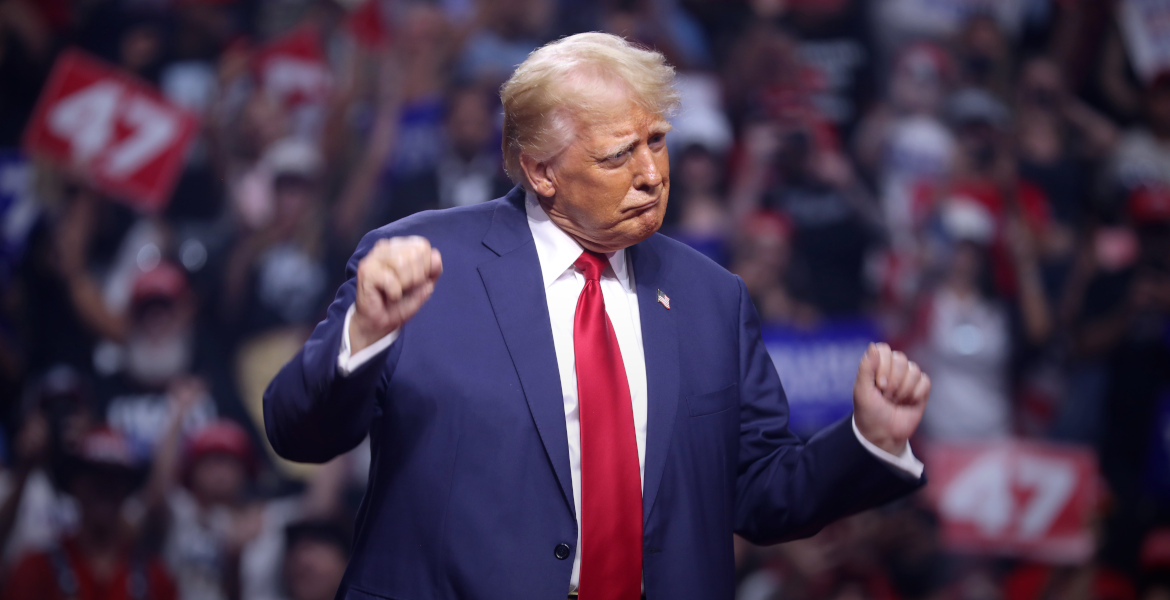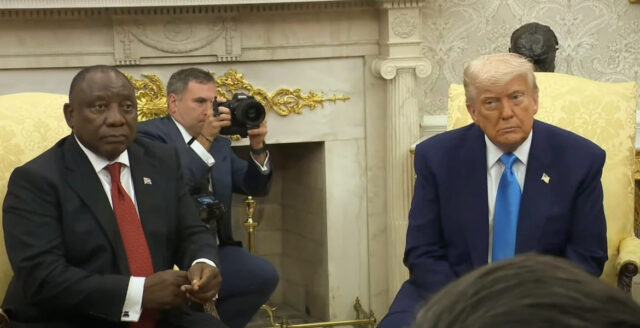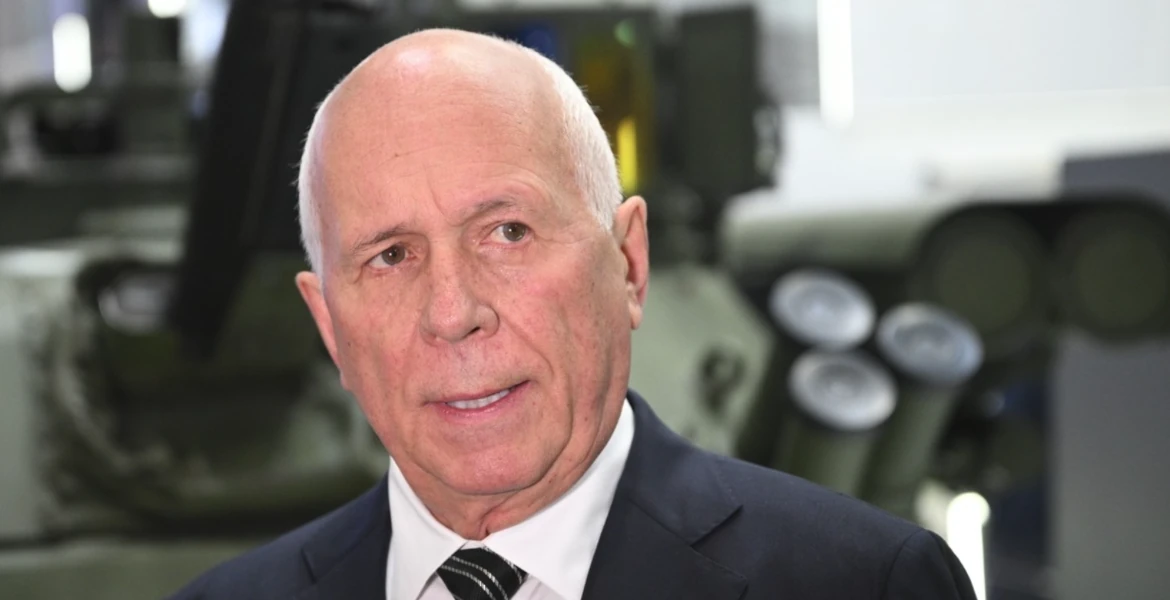Arizona-based journalist Kyle Clifton has been secretly documenting some of the rituals performed by the Freemasons behind closed doors.
– I was shocked to learn how much of it comes from ancient Talmudic teachings, he says.
Clifton went undercover with a hidden camera to document the shadowy order and with the hope of filming its famous rituals. He himself testifies that he was surprised when he realized the extent to which the Freemasons drew inspiration from the holy scriptures of Judaism.
In an initiation ritual that shows how a Freemason is prepared for admission to the Master's degree, or third degree, Freemasons act out the story of Hiram Abiff, a skilled craftsman and chief architect and builder of King Solomon's Temple in Jerusalem who was murdered by three thugs after he refused to reveal the secrets of the Master's degree. A six-pointed Star of David is also seen hanging from the wall.
I went undercover with a hidden camera to expose a Freemason "Master Mason Degree" ritual.
I was shocked to learn how much of it comes from ancient Talmudic teachings.
⏰ I will release a new video every 24 hours to ensure every aspect of the ceremony is exposed. pic.twitter.com/NV561DQ7vh
— Kyle - Undercover (@kyleisbased) November 16, 2023
"Today, we glance into the death ceremony which ends with the Jewish funeral prayer to prepare the new recruit to be resurrected", writes the journalist.
️ PART 2:
I went undercover with a hidden camera to expose a Freemason Ritual.Today, we glance into the death ceremony which ends with the Jewish funeral prayer to prepare the new recruit to be resurrected.
⏰ New video will be posted every 24hrs to ensure maximum exposure. pic.twitter.com/jPWZbE7WEJ
— Kyle - Undercover (@kyleisbased) November 17, 2023
"The resurrection is done with the various secret handshakes to indicate that only a Masters grip will raise him from the dead", he notes in connection with the publication of the third clip.
⚰️ PART 3: I went undercover with a hidden camera to expose a Freemason Kabalah Ritual.
The resurrection is done with the various secret handshakes to indicate that only a Masters grip will raise him from the dead.
⏰ New video will be posted every 24hrs. pic.twitter.com/kkJrm05vqP
— Kyle - Undercover (@kyleisbased) November 18, 2023
"The masonic oath & penalties are sworn over, essentially a Jewish Talmud. The 3 lamps are illuminated to mock our Holy Trinity", explains Clifton in connection with the release of the fourth clip.
☠️️PART 4:
I went undercover with a hidden camera to expose a Freemason Ritual.The masonic oath & penalties are sworn over, essentially a Jewish Talmud. The 3 lamps are illuminated to mock our Holy Trinity.
⏰ New vid will be posted every 24hrs to ensure max exposure. pic.twitter.com/MtYE9zfPes
— Kyle - Undercover (@kyleisbased) November 21, 2023
Mr. Clifton continued releasing additional short video clips from inside the Masonic Lodge, including an unedited 2.5-hour recording.





